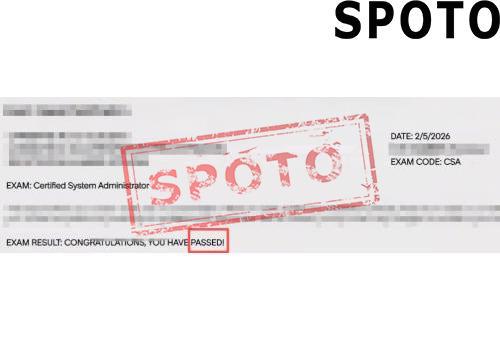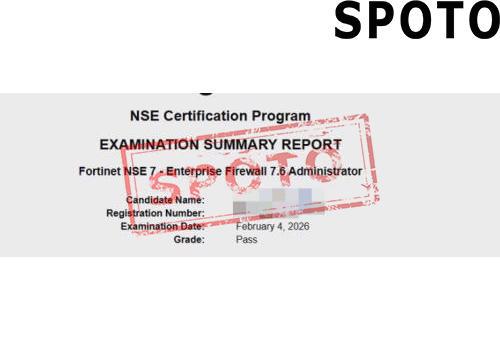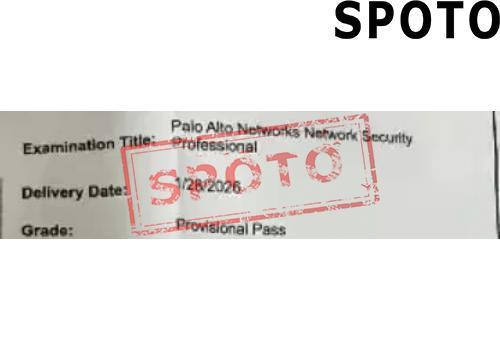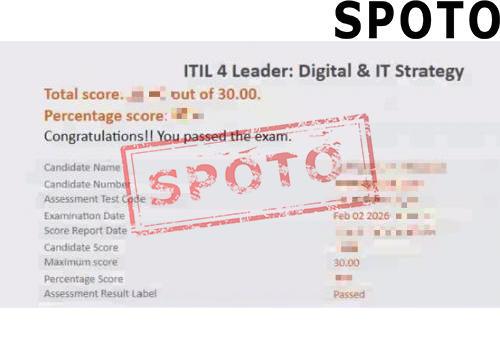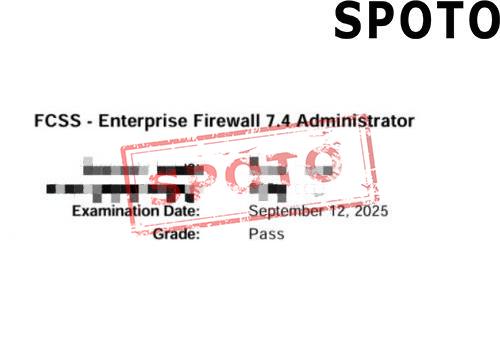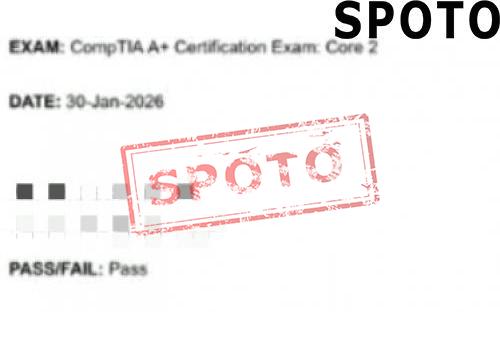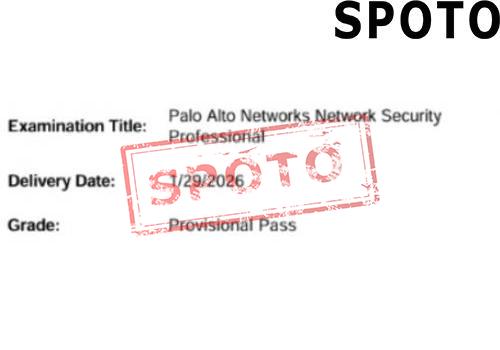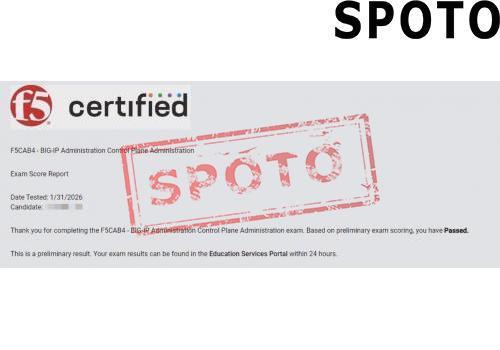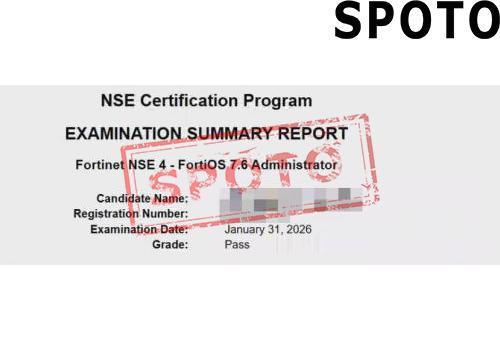
Table of Contents
CISO is an indispensable senior management role in modern organizations. Its goal is to enable organizations to dare to innovate and prevent risks in the digital wave.
1. Introduction to the Chief Information Security Officer
Want to know who's at the helm of an enterprise's security? It's the Chief Information Security Officer (CISO). This role is no small feat. They're the executive team leader who spearheads information security. Their daily focus is on protecting the company's information: formulating overall security strategies, addressing potential vulnerabilities, and ensuring the security of critical data and systems. The CISO typically reports directly to the CEO or the board of directors. Holding immense power, they serve as the gatekeeper and key decision-maker for the company's security system, overseeing everything from technical details to strategic priorities.
In the digital age, threats such as data breaches, cyberattacks, and compliance risks are becoming increasingly severe. The CISO's core role is to be the "guardian and strategic planner of organizational security." Ultimately, they aim to ensure that security "empowers" rather than "hinders" the business.
2. Industry Value Challenges Faced by CISOs
CISOs ensure core business continuity by building defense systems and emergency response mechanisms. For example, amidst the frequent AI-driven attacks expected in 2026, CISOs must quickly identify and block attacks caused by deepfake phishing emails or supply chain vulnerabilities to prevent business interruptions. Furthermore, CISOs must proactively address the threat posed by quantum computing to encryption and promote the deployment of post-quantum cryptography standards to prevent data from being collected now and decrypted later.
With tightening global regulations, CISOs must coordinate with legal and IT departments to ensure compliance and avoid fines and reputational damage. CISOs must integrate security capabilities into business innovation and design dynamic access controls in cloud-native and AI applications to support agile development while mitigating vulnerabilities.
As a shaper of organizational culture, CISOs must embed security awareness into the corporate culture through full-staff security training and senior-level communication. The 2026 RSA Conference emphasized the need for CISOs to translate technical risks into business language to secure resource support.
3 Industry Challenges Faced by CISOs
The rapid development of AI technology is a double-edged sword for the industry. While generative AI improves threat detection efficiency, it also creates new attack surfaces. Attackers can exploit proprietary LLM vulnerabilities to insert malicious code or bypass authentication through deepfakes. Furthermore, with the looming quantum threat, CISOs must balance short-term defenses with long-term migration costs. In recent years, attacks have taken on an "AI + stealth" characterization, with fileless memory attacks and cross-protocol chained penetration emerging, making traditional defense tools difficult to address.
When it comes to enterprise security investment, budgets are tight. Security budgets generally account for 5%-10% of total IT spending, a good number. The challenge is that there are more and more areas for spending—new hot spots like cloud security and supply chain security—and no area can be left behind. CISOs (Chief Information Security Officers) face a tough time securing this funding. They must break it down and clearly explain to their bosses the tangible return on investment (ROI). Furthermore, more tools aren't necessarily better; they can become a burden to teams if they're overwhelmed. Careful planning and optimization are crucial.
The global cybersecurity talent gap currently stands at 3.4 million! CISOs who are versatile and capable of independent leadership are even rarer. CISOs in mid-sized companies face particularly high pressure. With limited resources, one person has to do multiple things: master the technology and make critical decisions while also leading a team on the front lines. They must also navigate various vendors and constantly monitor compliance regulations. This job is really too much to handle. Without real skills, you can't do it. In recent years, the divergence between US state data privacy laws and the EU's GDPR has necessitated CISOs establish flexible compliance frameworks. New SEC regulations hold CISOs accountable for the accuracy of cybersecurity disclosures, and oversights that cause stock price fluctuations could lead to legal action. In 2026, multiple cases revealed CISOs being prosecuted for failing to promptly report supply chain attacks, highlighting the significant compliance burden.
CISOs are tasked with reconciling the conflict between technology and business operations. While business departments pursue efficiency, CISOs emphasize risk control. With the increasing prevalence of supply chain attacks, CISOs are required to establish supplier whitelists, conduct regular audits, and promote the sharing of threat intelligence.
4. Skills required for a CISO
First, CISOs must possess cutting-edge technical expertise in AI security, quantum computing mitigation, and zero-trust architecture design. They must be able to rapidly deploy threat detection in hybrid cloud environments, identify emerging risks, and proactively plan defense strategies.
Second, companies must select CISOs with specific compliance experience based on their industry. Multinational companies require CISOs familiar with regulations in multiple regions and able to meet compliance requirements in all regions.
Furthermore, as senior team members, leadership and communication skills are essential. CISOs must have high-level influence, be able to convince the board of directors to increase budgets through data-driven reporting, and possess team-building experience.
Finally, CISOs must align with corporate values, possess experience handling major incidents, and be able to optimize plans through post-incident reviews.
5. CISO salary and compensation
Chief Information Security Officer (CISO) salaries vary significantly depending on factors such as region, company size, industry, and individual experience. Details are as follows:
According to data from the securities analysis firm IANS, the average CISO compensation for large US companies with annual revenue of $1 billion or more currently reaches $532,000, including base salary, bonuses, and equity-based benefits. The industry generally agrees that the median CISO salary in North America ranges from $90,000 to $230,000. CISOs at large companies or in specific high-risk industries like finance and technology often earn annual salaries exceeding $500,000, with the top 10% earning as much as $783,000.
6. Similar careers like CISO
- Chief Security Officer (CSO)
- Chief Compliance Officer (CCO)
- Chief Risk Officer (CRO)
- Chief Privacy Officer (CPO)
